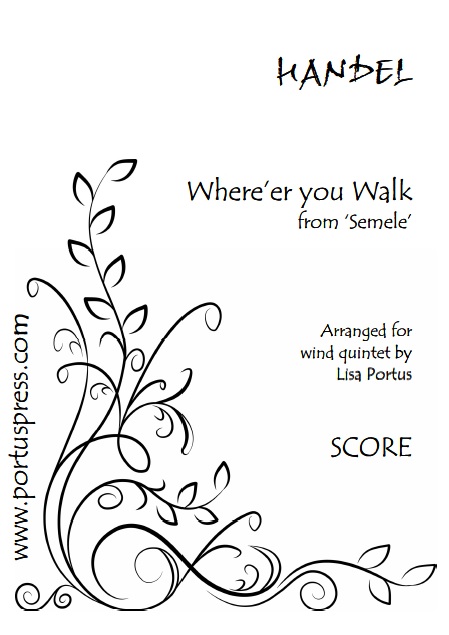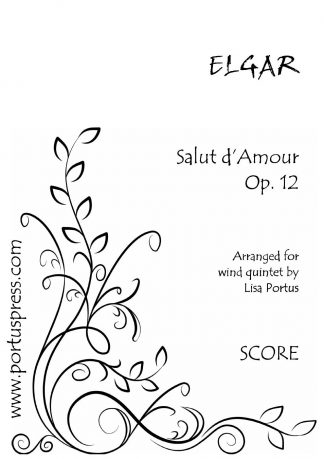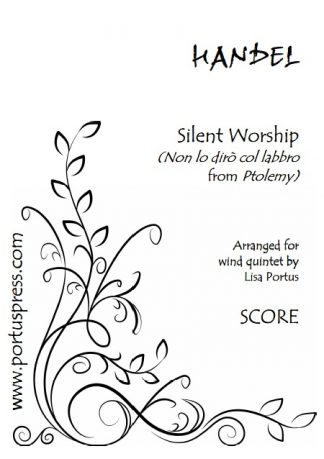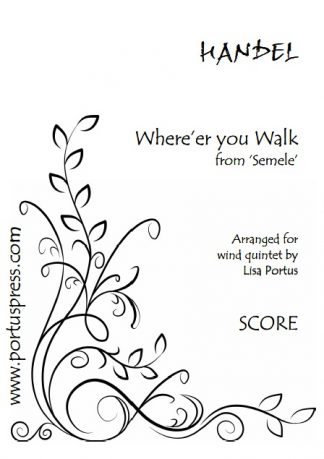Description
Semele, by the German-born, English composer George Frideric Handel (1685-1759) is an opera based on the Greek myth of Semele, daughter of the King of Thebes who falls in love with Jupiter, King of the Gods. It was first performed during Lent 1744 but, with a secular text about an adulterous sexual relationship, it was far removed from the biblical stories his audiences had expected. It was not a success: it was staged just six times that year before falling into prolonged neglect until the 20th century, since when it has been widely performed.
To set the scene for this beautiful aria, Jupiter has rescued Semele from a potential, unhappy, union with Athmus, Prince of Boetia. However, aside from the issue of Jupiter already being married (and her pregnancy), she is troubled by the thought that, whilst he is a god, she is a mere mortal. She hints to Jupiter that the solution to this is for him to make her immortal too, but Jupiter instead tries to distract her from her worries. He arranges for her sister, Ino, to be magically transported to his palace in the sky to keep her company. In Where’er you Walk (with lyrics from Alexander Pope’s The Pastorals ) Jupiter promises that the palace’s gardens and grounds will be like paradise:
Where’er you walk, cool gales shall fan the glade,
Trees, where you sit, shall crowd into a shade,
Where’er you tread, the blushing flowers shall rise,
And all things flourish where’er you turn your eyes.






